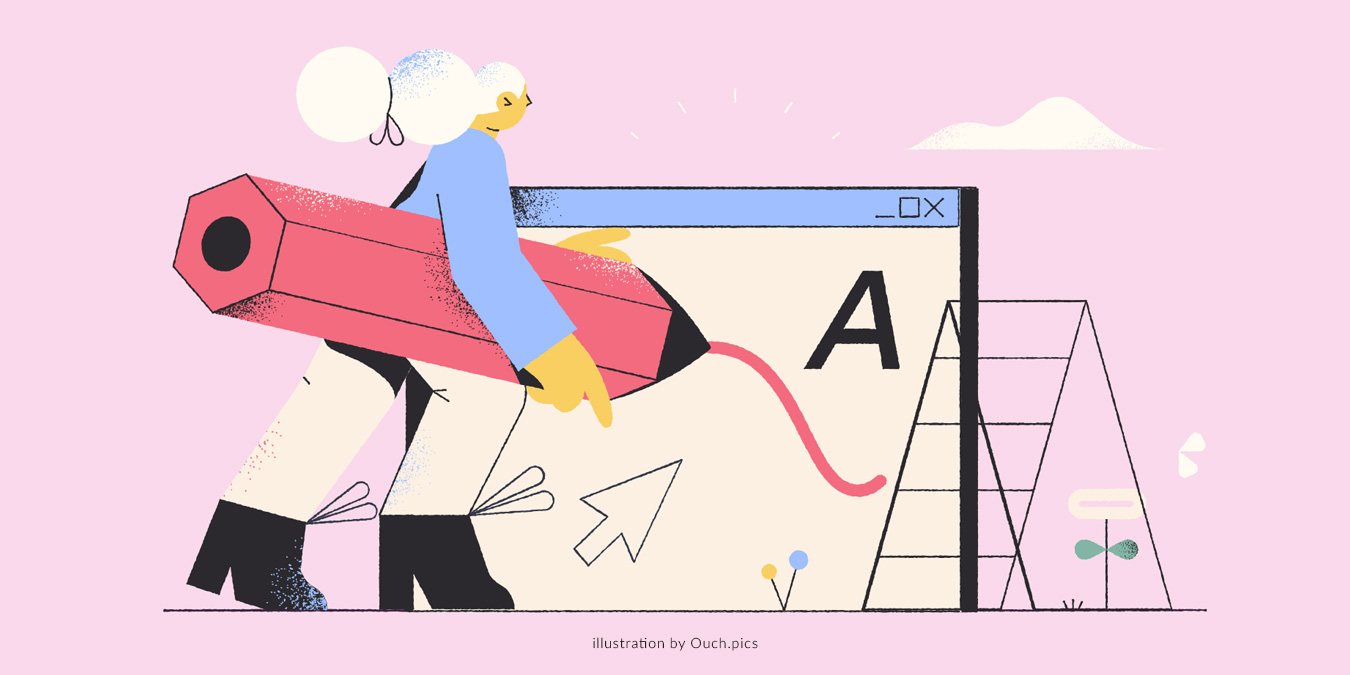Tube Rank: Your Guide to Video Success
Discover tips and insights for optimizing your video presence.
Rev Up Your Website: Speed Is the Name of the Game
Boost your website's speed and watch your traffic soar! Discover essential tips to optimize performance and outpace the competition.
5 Essential Tips to Boost Your Website Speed
In today's digital age, website speed plays a crucial role in user experience and search engine optimization. A slow-loading site can deter visitors, affecting your bounce rate and conversion rates. Here are 5 essential tips to help you boost your website speed:
- Optimize Images: Ensure that your images are compressed and properly sized. Large images can significantly slow down your site, so use tools to reduce their file size without compromising quality.
- Minimize HTTP Requests: Each element on your webpage, from stylesheets to scripts, requires an HTTP request. Combine files where possible and minimize the number of components to speed up loading times.
- Utilize Browser Caching: Set up caching so that repeat visitors can load your site faster. When a user visits your site, certain data can be saved for quicker access on subsequent visits.
- Enable Compression: Enable Gzip compression on your server to reduce the size of your HTML, CSS, and JavaScript files. This will significantly decrease the amount of data transferred over the network.
- Choose a Reliable Hosting Service: The quality of your hosting provider can greatly impact website speed. Opt for a service that offers excellent uptime and performance, ensuring your site runs smoothly.

How Website Speed Impacts User Experience and SEO
Website speed plays a critical role in shaping user experience, directly affecting how visitors interact with your site. Studies show that users expect web pages to load within two seconds or less; beyond that, frustration can lead to increased bounce rates. When a website takes too long to respond, it can deter visitors from exploring further, ultimately impacting engagement and conversion rates. A seamless browsing experience, characterized by fast loading times, encourages users to stay longer and browse more pages, which positively contributes to your site's overall performance.
In addition to its impact on user experience, website speed is a significant factor in search engine optimization (SEO). Search engines like Google consider page load time as one of the ranking factors when determining the visibility of a website in search results. Faster sites tend to rank higher, granting them more organic traffic. Furthermore, user engagement metrics such as dwell time and page interactions are influenced by loading speed; if users experience delays, they're more likely to abandon the site, leading to lower rankings. Therefore, optimizing your website for speed is not merely an aesthetic consideration but a crucial aspect of effective SEO strategy.
Is Your Website Slow? Here Are the Common Causes and Fixes
A slow website can significantly affect user experience and search engine rankings. Common causes of a sluggish site include large image files, excessive plugins, and server issues. For instance, if your images are not optimized for web use, they can take longer to load, resulting in a frustrating experience for visitors. Additionally, too many plugins can slow down your site’s performance, especially if they are poorly coded or outdated. Lastly, your web hosting service plays a critical role; shared hosting may be convenient, but it can overload your site if too many users are accessing the server simultaneously.
To remedy these issues, consider implementing effective fixes. Start by optimizing your images using tools that compress their size without sacrificing quality. This could dramatically improve loading times. Next, audit and minimize the number of plugins you use, opting for essential ones while ensuring they are regularly updated. Lastly, assess your hosting plan; upgrading to a dedicated or cloud hosting solution can provide your website with the necessary speed and reliability. By addressing these common issues, you can enhance your website's performance and secure a better ranking in search engine results.